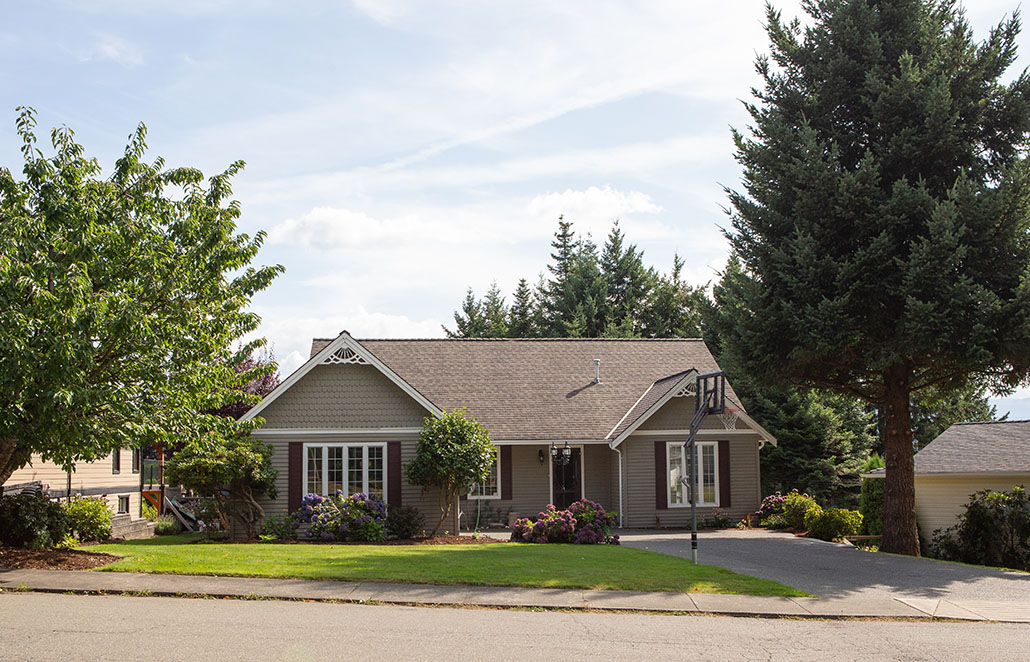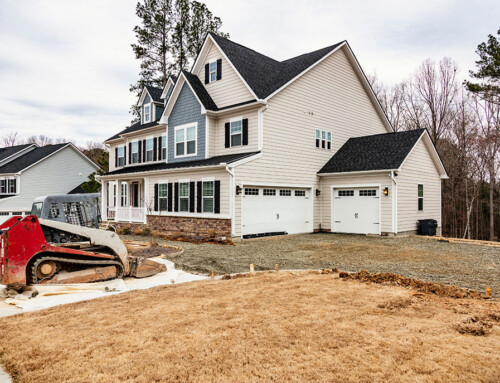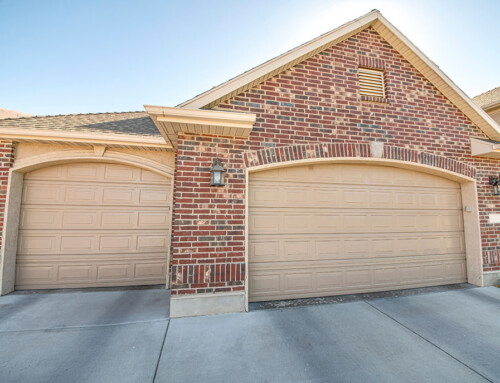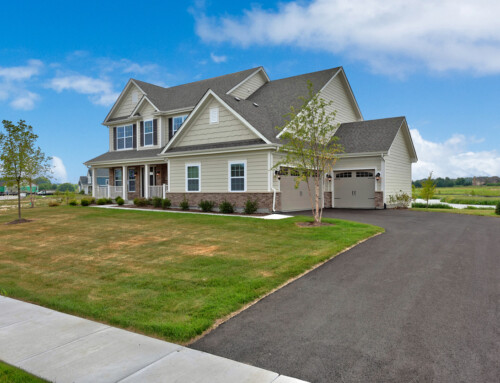
Selecting the right material for your driveway resurfacing is essential for both functionality and aesthetics. Asphalt and concrete are the two most commonly used materials for this purpose, each offering distinct advantages and challenges. A carefully informed decision can help you maximize your investment while ensuring your driveway meets your specific needs.
This post outlines the key differences between asphalt and concrete driveways. By understanding their strengths and limitations, you’ll be better equipped to decide which material aligns with your goals, budget, and local climate conditions.
Cost and Installation
One of the first considerations when resurfacing your driveway is cost. Asphalt is often more affordable upfront compared to concrete. Its materials and installation require a less extensive process, which reduces initial expenses. Concrete, on the other hand, tends to come with a higher price tag due to the time-intensive curing process and the technical expertise required for installation.
Speed is another significant factor; asphalt driveways are generally quicker to install. From preparation to completion, an asphalt driveway can be ready for use within one to two days, whereas concrete surfaces require at least a week to fully cure before they are functional. This time efficiency, coupled with lower costs, often makes asphalt a popular choice for homeowners looking for a practical and economical solution.
However, if long-term value is a priority, concrete may justify its higher upfront costs. Despite its lengthier installation process, concrete driveways are known for their durability and lifespan, which can extend well beyond that of asphalt, potentially lowering maintenance and replacement costs over time.
Maintenance and Durability
When it comes to upkeep, concrete and asphalt require different levels of maintenance. Asphalt driveways typically need regular sealing every 3-5 years to maintain a smooth, water-resistant surface. Over time, wear and tear from weather conditions or heavy usage can result in cracks or potholes, which require prompt repair.
Concrete, on the other hand, demands less frequent maintenance but can be susceptible to cracking in extreme weather, particularly in regions with freeze-thaw cycles. Although cracks in concrete are more difficult and costly to repair than those in asphalt, concrete tends to be more resistant to general wear, oil stains, and erosion under typical conditions.
It’s worth noting that climate plays a crucial role in determining durability. Asphalt driveways perform better in colder environments, as they are less rigid and can expand and contract without cracking. Conversely, concrete fares better in hotter climates where higher temperatures are less likely to cause damage.
Making an Informed Decision
Resurfacing your driveway involves balancing factors such as cost, maintenance, durability, and climate appropriateness. Asphalt presents a budget-friendly and flexible solution, especially for those in colder climates or working within a tight timeframe. On the other hand, concrete offers outstanding durability and a modern aesthetic, ideal for homeowners seeking long-term value in warmer regions.
Ultimately, the choice between asphalt and concrete comes down to your individual priorities and budget. Consider speaking with an experienced contractor to discuss your options in detail. Whether you’re exploring short-term affordability or long-term durability, selecting the right material can significantly enhance the functionality and appearance of your driveway. For professional assistance with asphalt driveway resurfacing, visit our dedicated service page at TopWest Asphalt Ltd..
Frequently Asked Questions About asphalt driveway resurfacing
What is the average lifespan of an asphalt driveway?
An asphalt driveway typically lasts 15-20 years with proper maintenance. Regular sealing and prompt repairs can extend its lifespan, reducing the need for a full resurfacing. However, factors such as usage, climate, and quality of installation can significantly influence its durability.
Can I overlay new asphalt over an existing driveway?
Yes, adding a new layer of asphalt over an existing driveway is a common resurfacing method, provided the base is in good condition. Overlaying helps address surface-level issues like minor cracks or unevenness, restoring the smooth finish while saving costs compared to a full replacement.
At TopWest Asphalt Ltd., we take pride in helping clients across Langley, Chilliwack, Mission, Maple Ridge, and Abbotsford choose the best solutions for their paving needs. Whether you have questions about paving options or want a professional assessment, contact us online or call us today at 604-755-0300.





